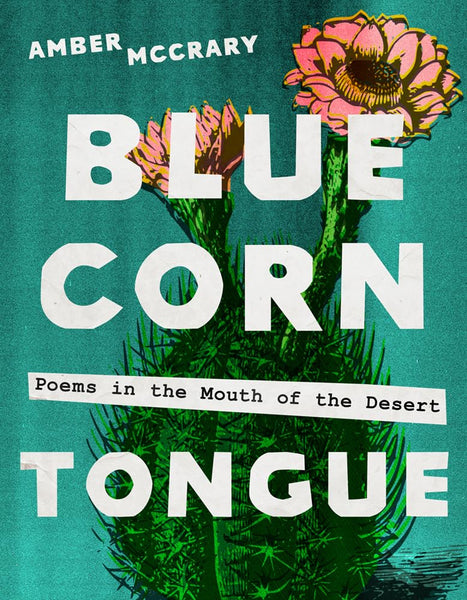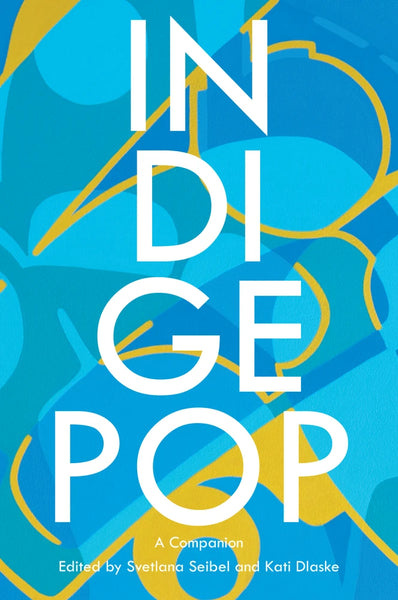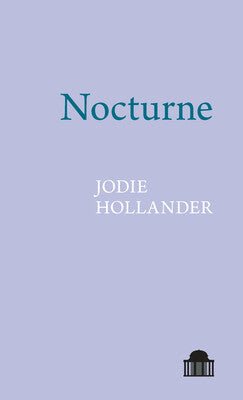
Monitoring the Effects of Recreational Use on Colorado River Beaches, Bulletin 55
Details: Museum of Northern Arizona Bulletin 55
Monitoring the Effects of Recreational Use on Colorado River Beaches in Grand Canyon National Park
by Dr. Barbara G. Phillips, Robert A. Johnson, Dr. Arthur M. Phillips, III, and Nancy J. Brian
©1986 Museum of Northern Arizona Press
ISBN 0-89734-057-4.
This river-monitoring study was designed to assess and develop measures to mitigate recreation-induced impacts, both ecological and aesthetic, in the Colorado River corridor in Grand Canyon National Park. The following hypotheses are include: 1) Density of negative aesthetic indices (litter, human feces, charcoal, ant hills, and changes in sand color from the incorporation of charcoal and human debris) are higher on heavy use sites than on light use sites; 2) Changes in the plant community among sample periods occur faster on heavy use sites than on light use sites; 3) Aesthetic indices and the plant community are influenced by the differing use patterns within the campsite; and 4) Changes in the plant community are a result of a combination of successional and degrading factors.
INTRODUCTION, pages 1-6
Project Objectives, page 1
Hydrologic History, pages 1-2
Human History, page 3
Vegetation History, page 4
PROJECT BACKGROUND, pages 7-8
SITE DESCRIPTIONS, pages 9-22
METHODS, pages 23-26
Aesthetic Indices, page 23
Transects, pages 23-24
Belt Transect, page 25
Vegetation Maps, page 25
Comparison of 1973 and 1982 Photographs, page 25
RESULTS, pages 27-88
Aesthetic Indices, pages 27-28
Vegetation Plots and Transects, pages 28-46
Mapping Results, pages 44-78
Comparison of 1973 and 1982 Photographs, pages 79-88
DISCUSSION, pages 89-94
Scheduling, page 89
Site Selection, page 89
Methods, pages 89-91
Aesthetic Indices, page 91
Study Site Vegetation Evaluation, page 91
Comparison of 1973 and 1982 Photographs, page 94
CONCLUSIONS AND RECOMMENDATIONS, page 95





